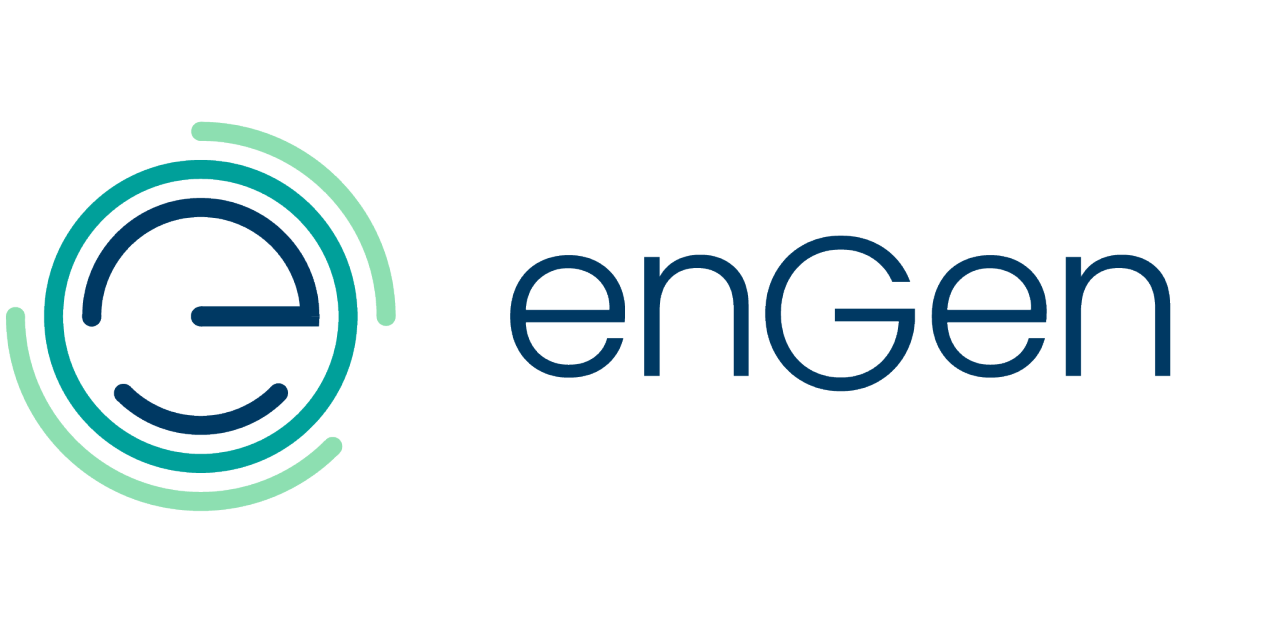It's time to get ahead of UM mandates

Utilization Management (UM) is no longer a back-office process.
Today, a sound UM strategy is key for organizational success, with regulators, providers, and patients all expecting faster decisions, clearer rules, and better outcomes. New state and federal mandates are already rolling out, changing the way UM needs to work right now. These mandates are already changing how UM needs to operate today.
Here's what you need to know:
While many organizations are still assessing how to respond to new UM regulations, Predictal is already built for them. Our solution is designed to futureproof businesses and meet evolving compliance requirements. From faster decision-making to transparent communication and interoperability, Predictal helps health plans stay one step ahead and be future-ready.
Predictal is for what's next
While others are reacting to the regulatory landscape, we designed Predictal for where the industry is going.
Here’s how Predictal helps health plans stay ahead:
Fast, compliant prior auth:
Authorizations that get caught in the system translate into poor patient experiences and unrealized care. It also leads to higher costs for payers and unpredictable revenue cycles for providers.
Medicare-aligned workflows:
Our UM engine follows evidence-based criteria, so your team applies Medicare coverage rules first and clearly explains any exceptions.
Smart automation with human oversight
AI works best when paired with human review. Predictal supports human-supervised decisioning, bias checks, and full audit trails, so nothing gets missed.
Clear communication, built in:
From automated clinician reviewed letters to real-time dashboards, Predictal gives providers and members transparency at every step, meeting requirements from CMS, the No Surprises Act, and state laws.
Flexible state-by-state rules:
Whether it’s gold carding or faster turnaround requirements, Predictal’s rules engine can adapt by state, provider type, or condition, giving you a tailored solution suited for your business.
Finding the friction: How we uncovered challenges in the auth process
After analyzing data, reviewing provider feedback, and sifting through patient surveys, we discovered a decent amount of friction holding back the authorization process. For patients, providers, and health plans, an inefficient auth process means:
• Delays in care delivery: Authorizations that get caught in the system translate into poor patient experiences and unrealized care. It also leads to higher costs for payers and unpredictable revenue cycles for providers.
• Unnecessary administrative costs: Manual tasks, duplicated efforts, and communication breakdowns cause significant drops in efficiency. Providers are taken away from what matters and health plans get bogged down in a backlog of tasks.
• Inaccurate criteria: Without a consistent auth process, patient data can come from many sources. Outdated or misrepresented criteria can lead to faulty cost assessments, wrong diagnoses, and higher admin costs.
•Convoluted communications: Patients, providers, and administrators all need to be on the same page for effective care delivery. Without a reliable communication process, there can be too many channels to monitor. Faxes, mail, and phone calls to name a few.
•Ever-evolving regulations: An inconsistent, manual auth process poses many regulatory challenges when it comes to compliance. Without a streamlined digital footprint, keeping up with regulatory changes, compliance standards, and audit timelines is virtually impossible.
For many in the industry, these challenges aren’t exactly surprising. According to McKinsey, “...clinical staff must devote considerable time to reviewing [authorization] requests. Meanwhile, doctors and staff report spending 13 hours per week on [authorizations]; many clinicians believe it undermines their clinical judgment and can inhibit timely care.”

The future is already here.
Regulations are moving fast, but with Predictal, you don’t have to play catch up with the industry. You can stay ahead – compliant, confident, and focused on what matters – delivering timely, fair, and clear decisions for every member, while streamlining how the right work gets to the right teams at the right time.
Because UM isn’t just about approvals. It’s about building trust, one decision at a time.





